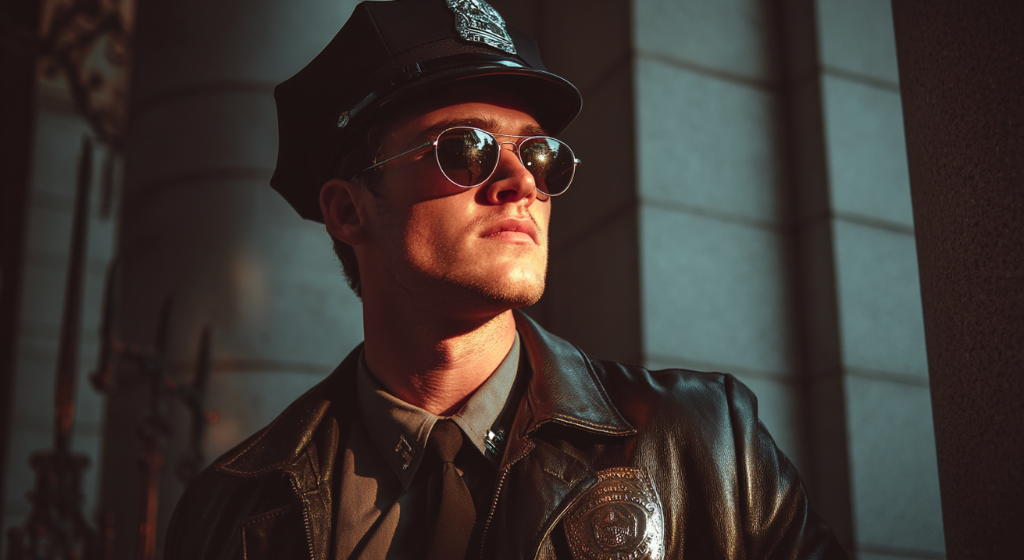
U.S. police departments are using AI-powered virtual personas, created by Overwatch, to covertly infiltrate online spaces, posing as civilians—including activists—to gather evidence, sparking urgent debates over surveillance ethics and civil liberties. (Source: Image by RR)
Overwatch Enables AI Bots to Engage Suspects in Lifelike Dialogue to Gather Evidence
A new report from 404 Media reveals that law enforcement agencies across the United States are deploying AI-generated personas through a surveillance tool called Overwatch, developed by a company named Massive Blue. This technology uses lifelike virtual agents to infiltrate online communities under the guise of relatable human profiles, with the goal of collecting incriminating evidence. Overwatch is reportedly being used to investigate a wide range of targets — from suspected drug and human traffickers to politically active individuals, including student demonstrators and those deemed to be “radicalized.”
The use of AI personas represents a significant evolution in digital surveillance. Unlike traditional undercover work, these AI agents can be deployed at scale and interact around the clock in ways that are difficult to detect. According to promotional materials from Massive Blue, Overwatch’s agents can engage in ongoing conversations, mimic emotional nuance, and maintain detailed backstories designed to build trust with real individuals. These virtual characters, as reported in theverge.com, are not just passive observers — they actively participate in dialogue, collect data, and steer interactions toward potentially self-incriminating disclosures.
One of the AI personas described by Massive Blue is a particularly revealing example of how these tools are being designed to manipulate targets. This persona is a fictional 36-year-old divorced woman who is child-free, body positive, and described as outspoken and lonely. Her interests include baking and a vague form of “activism,” which positions her as both approachable and ideologically aligned with certain protest communities. The intentional ambiguity in her profile allows her to blend into various activist circles while engaging in conversations that may later be used as evidence by law enforcement.
The use of such AI personas raises profound ethical and legal questions about entrapment, privacy rights and the potential chilling effects on free speech and political organizing. Critics argue that these lifelike agents blur the line between surveillance and manipulation, particularly when targeting individuals engaged in constitutionally protected activity. The lack of transparency around how these personas are programmed, monitored, and deployed underscores a growing concern over the unchecked power of AI tools in government surveillance. As awareness of Overwatch spreads, civil rights advocates are calling for oversight, accountability, and clearer guidelines to govern the use of AI in undercover policing.
read more at theverge.com







Leave A Comment